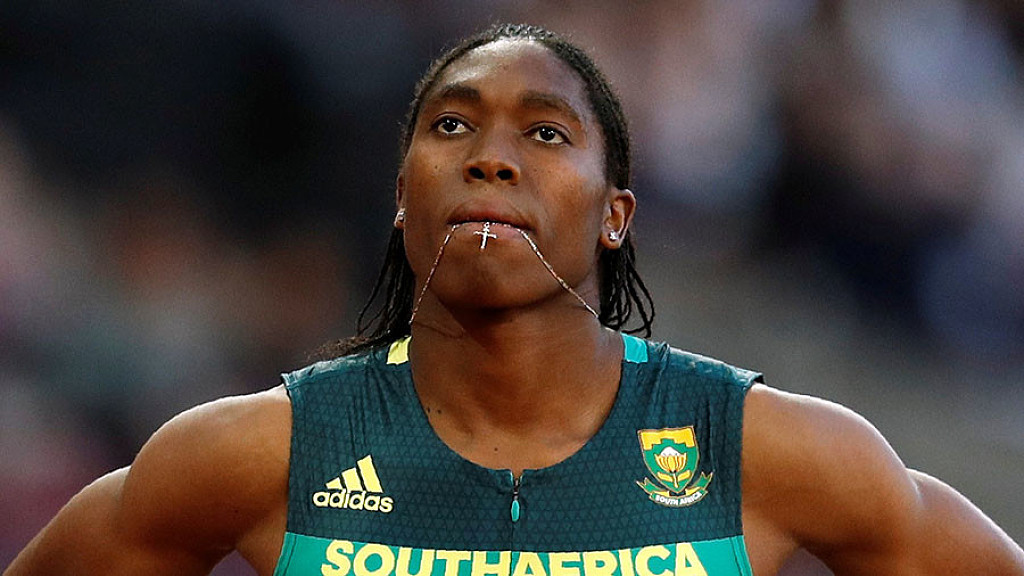Running News Daily
Running News Daily is edited by Bob Anderson. Send your news items to bob@mybestruns.com Advertising opportunities available. Train the Kenyan Way at KATA Kenya and Portugal owned and operated by Bob Anderson. Be sure to catch our movie A Long Run the movie KATA Running Camps and KATA Potato Farms - 31 now open in Kenya! https://kata.ke/
Index to Daily Posts · Sign Up For Updates · Run The World Feed
Boosting testosterone levels significantly improves female athletic performance, according to one of the first randomised controlled trials
Testosterone was assumed to be performance-enhancing and a factor in explaining differences in strength and endurance between men and women. However, there was a surprising lack of evidence on the impact of testosterone in women and the question had become mired in controversy following a series of rulings in professional sport.
The latest research confirmed that testosterone significantly increases endurance and lean muscle mass among young women, even when given for a relatively short period.
Angelica Hirschberg, a gynaecologist for the Swedish Olympic Committee based at Karolinska University Hospital and the study’s first author, said the results were the first to show a causal effect of testosterone on physical performance in women. “This has not been demonstrated previously because most studies have been performed in men,” she said. “Furthermore, the study shows the magnitude of performance enhancement by testosterone. Testosterone levels increased more than four times but were still much below the male range. The improvement in endurance performance by the increased testosterone levels was more than 8% – this is a huge effect in sports.”

Prof Chris Cooper, emeritus professor of biochemistry at the University of Essex, who was not involved in the work, said: “The data is really clear. This adds further evidence that if you give testosterone to female athletes. you improve their performance. Some people have suggested that testosterone is not the only sex difference, but it’s clearly the best indicator.”

Cooper added that, despite growing interest in the issue, the challenge in gaining ethics approval to give healthy women testosterone had resulted in a lack of empirical studies.
The IAAF ruled this week that trans female athletes must keep their levels of natural testosterone below 5 nanomoles per litre of blood to compete in the female category. The new regulation follows a similar limit imposed on athletes with differences of sexual development (DSD), including the South African Olympic gold medallist, Caster Semenya.
Semenya is challenging the IAAF’s new rules that athletes with DSD must take testosterone-reducing medication to compete in track events from 400m to the mile or change to another distance.
The athlete argued that the rules were discriminatory and unfair. In May, she said: “For a decade the IAAF has tried to slow me down, but this has actually made me stronger.”
The Court of Arbitration for Sport in May found that the rules for athletes with DSD were discriminatory, but that the discrimination was “necessary, reasonable and proportionate” to protect “the integrity of female athletics”.
Critics of the limit have argued that testosterone is not the dominant factor in giving men a performance advantage in certain sports.
In the study, published in the British Journal of Sports Medicine, 48 healthy 18- to 35-year-old women were randomly assigned to 10 weeks of daily treatment with 10mg of testosterone cream or 10mg of a placebo.
The scientists tested the hormone’s impact on aerobic performance measured by how long the women could run on a treadmill before reaching the point of exhaustion, and leg power, muscle strength and lean muscle mass.
Circulating levels of testosterone rose from 0.9 nmol/litre of blood to 4.3 nmol/L in the women given the hormone cream. This was below the recent 5 nmol/L IAAF limit and below the normal male range of 8-29 nmol/L.
Running time to exhaustion increased significantly by 21.17 seconds (8.5%) in the testosterone group, compared with those given the inactive substance. The group given the hormone also had significant changes in lean muscle mass, gaining 923g vs 135g overall and 398g vs 91g in their legs.
by Hannah Devlin
Login to leave a comment




